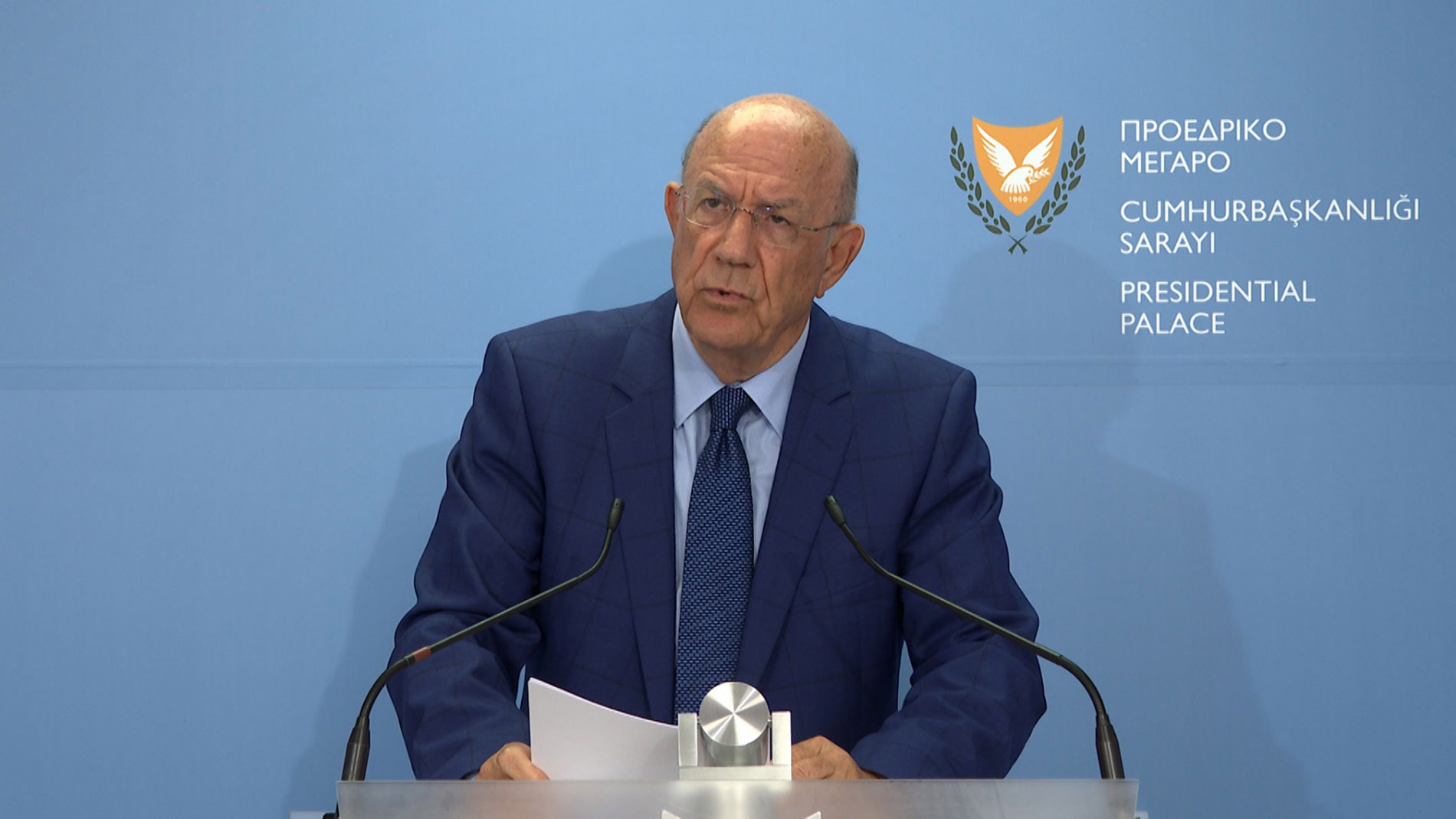Projected GDP growth of the Cyprus economy has been revised downward to 2.6% from an initial 2.8%, while next year’s momentum is expected to pick up, said Finance Minister Makis Keravnos.
The Finance Ministry’s macroeconomic projections have been revised slightly downwards to 2.6% GDP growth, whereas in 2024, growth is predicted to accelerate at around 2.9%.
However, Kervanos hoped that no unforeseen events or exogenous factors would materialise.
“The extent of uncertainty is high both on a global and European level,” he said, noting the EU economy is slipping towards a recession.
Since 5.6% GDP growth in 2022, the Cypriot economy has decelerated to 2.75% on seasonally adjusted terms in the first six months, mainly driven by rising interest rates and the effects of Western sanctions against Russia following Moscow’s invasion of Ukraine last year.
He told CNA the 2024 state budget would be tabled to the Cabinet for approval next week with three key characteristics.
But the minister stressed that the effort through the budget “is to respond to this uncertainty and the existing challenges to secure continued growth.”
Amid the global economic slowdown, driven by rising interest rates and continued uncertainty, Kervanos said next year’s budget will promote infrastructure, secure sustainable growth, contain public sector employment and the wage bill.
“It will be significantly developmental, promoting projects incorporated in the national Recovery and Resilience Plan, contain the public wage bill and employment, which have risen to a relatively excessive level.
“It will be a surplus budget to safeguard the economy’s sustainable growth and our compliance with EU obligations.”
He said Cyprus’ application for the second and third disbursement of its Recovery and Resilience Plan is expected to be submitted by the end of 2023.
“My message is for everyone to work productively, to increase productivity and efficiency so that we have good and significant results, safeguarding the course of the economy on the rails that do not lead to difficulties,” Keravnos said.










